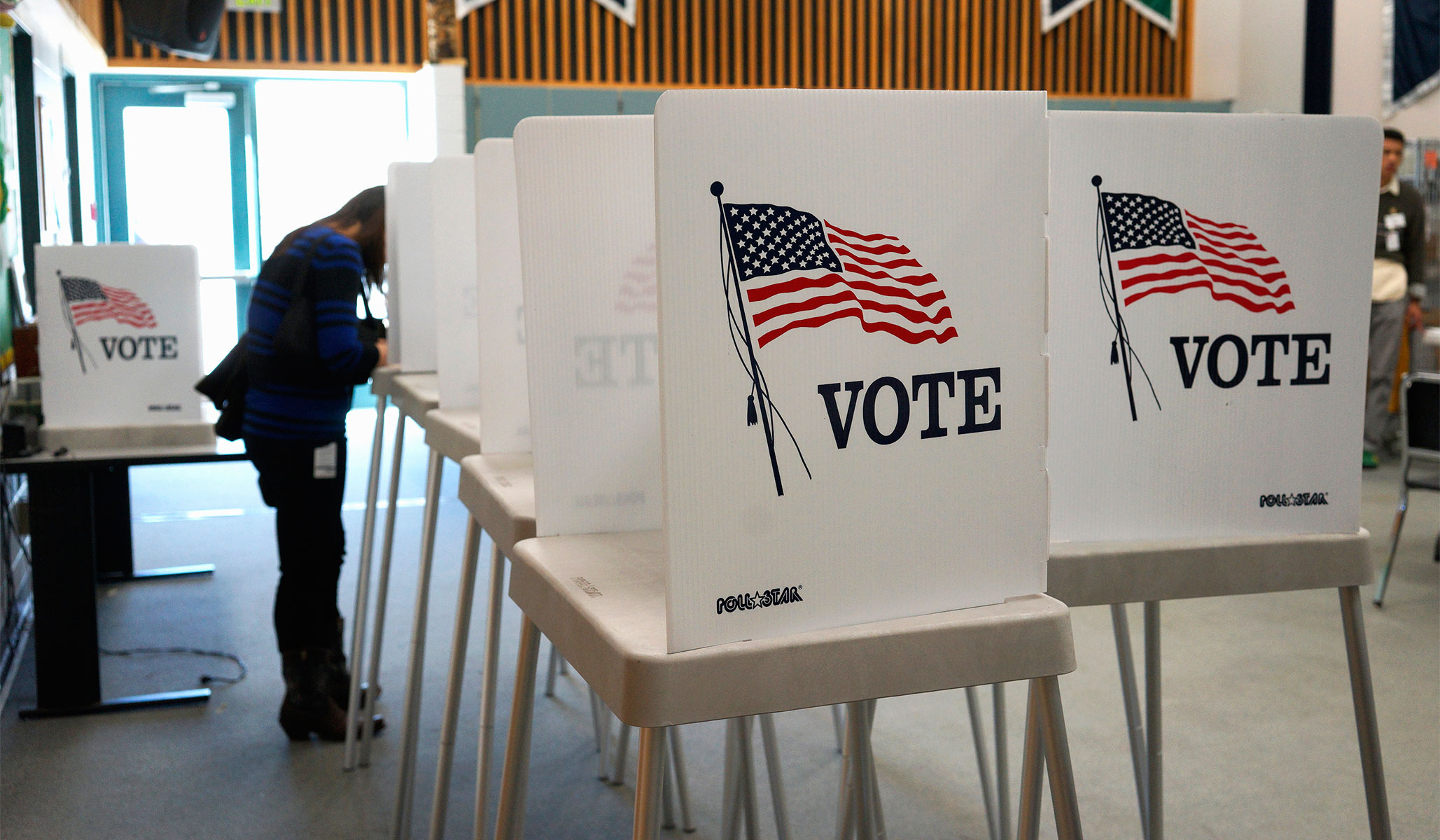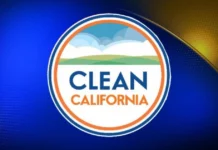Vidya Sethuraman
India Post News Service
For the first time voters of color represent a rising proportion of voters in both the 2020 presidential elections and in many swing states. Yet experts point to widespread dysfunctions in the electoral system exacerbated by the COVID-19 pandemic, which threaten voter access especially in communities of color. The EMS conference provided an overview on what needs to be done to secure people’s right to vote; a new survey of concerns by first-time API and LatinX voters; issues of language access; and Black voter suppression in key southern states.
Nathaniel Persily, Healthy Elections Project, Stanford University spoke on the problems and solutions associated with the voting process this year. He said, due to pandemic we are moving from our traditional voting methods to mostly by mail option.
Mail-in voting, for many, is as simple as sending a letter, but rules vary across the country for when a voter can get their ballot and when it should be returned. But we have several constraints on achieving successful voting by mail. Oregon, Colorado and Washington have held successful all-mail elections for years and others including Florida and California expanded capacity long before the pandemic. Nearly everywhere else, the technical and logistical challenges loom large for budget-squeezed election officials with limited experience.
Due to the COVID-19 pandemic, another critical concern related to in-person voting is the diminished supply of poll workers expected to be available on Election Day. The vast majority of poll workers in the U.S. are over 60 years old, which is the age group that has the highest vulnerability to coronavirus-related deaths or severe, lasting illnesses. As a result, the traditional supply of poll workers available to work at the polls on Election Day has shriveled in many jurisdictions. PPEs and sanitizing stations at the polling places are an additional expenditure due to the pandemic.
Validating and counting a deluge of posted ballots in an open and accountable way presents a major challenge, one that only about a half dozen states are fully prepared for. Problems caused by a spike in absentee voting during this year’s primaries are serving as potential warning signs for the U.S. Postal Service. We have to do massive educational outreach with state, county and local election officials so that they can make informed decisions and educate the public about what they can expect when using the mail to vote.
Reclaim Our Vote is a volunteer-driven, nonpartisan voter outreach campaign to fight voter suppression in various states that have been severely impacted, especially in the South. Andrea Miller, Founder, Reclaim Our Vote said they are contacting voters of color, some of whom have been purged from the voter rolls, to ask them to re-register and to vote in important federal and statewide elections.
Karthick Ramakrishnan, Founder and Director, AAPI Data spoke on the early polling trends with Asian American registered voters shows that registered Asian Americans lean heavily towards supporting Democratic candidate Joe Biden in 2020, although about 1 in 6 are still persuadable. AAPI voters are poised to have an impact in several battleground states such as Arizona, Florida, Pennsylvania, North Carolina, and Texas, where they are considered a potential swing vote. However, their role in these states and across the country depends on turnout and mobilization.






